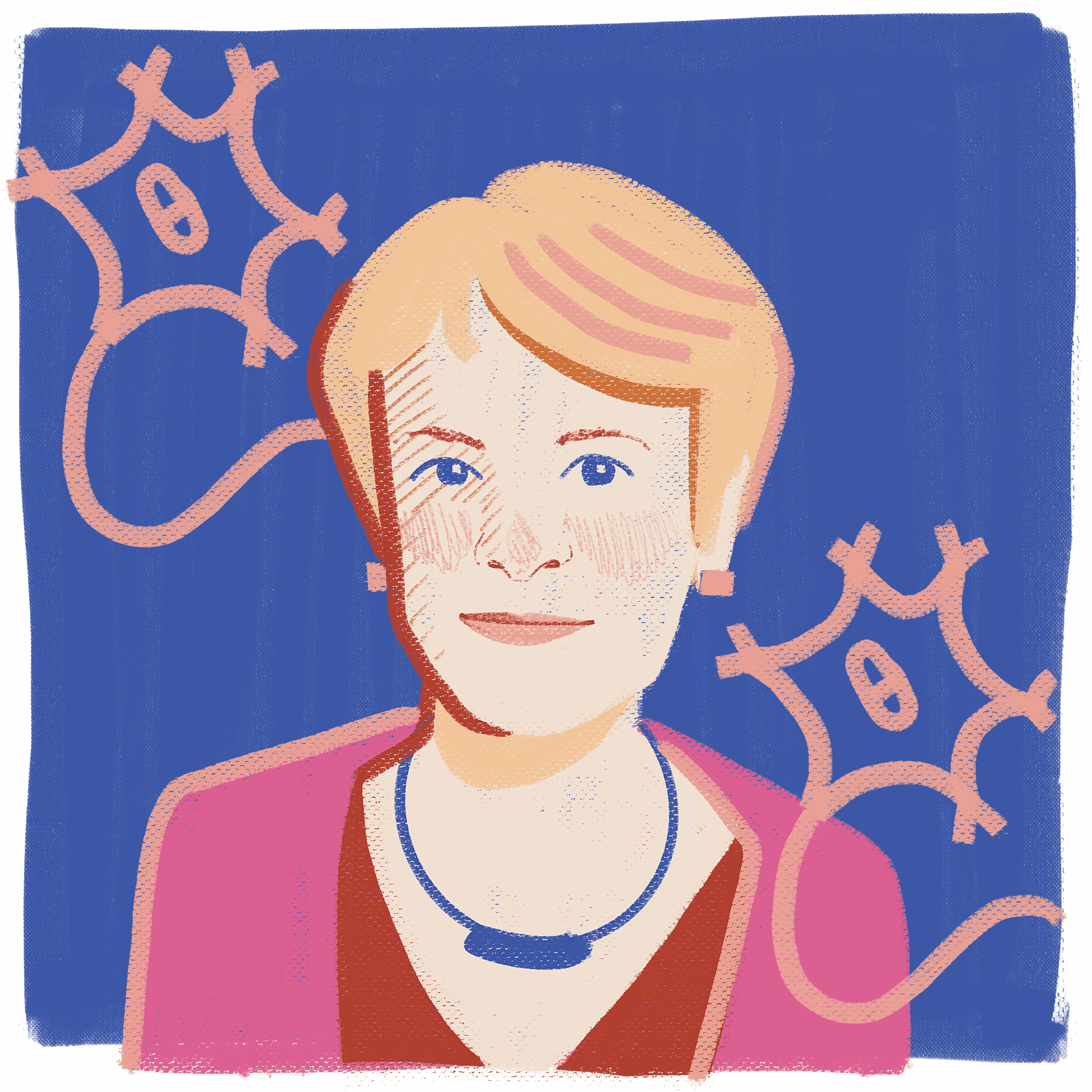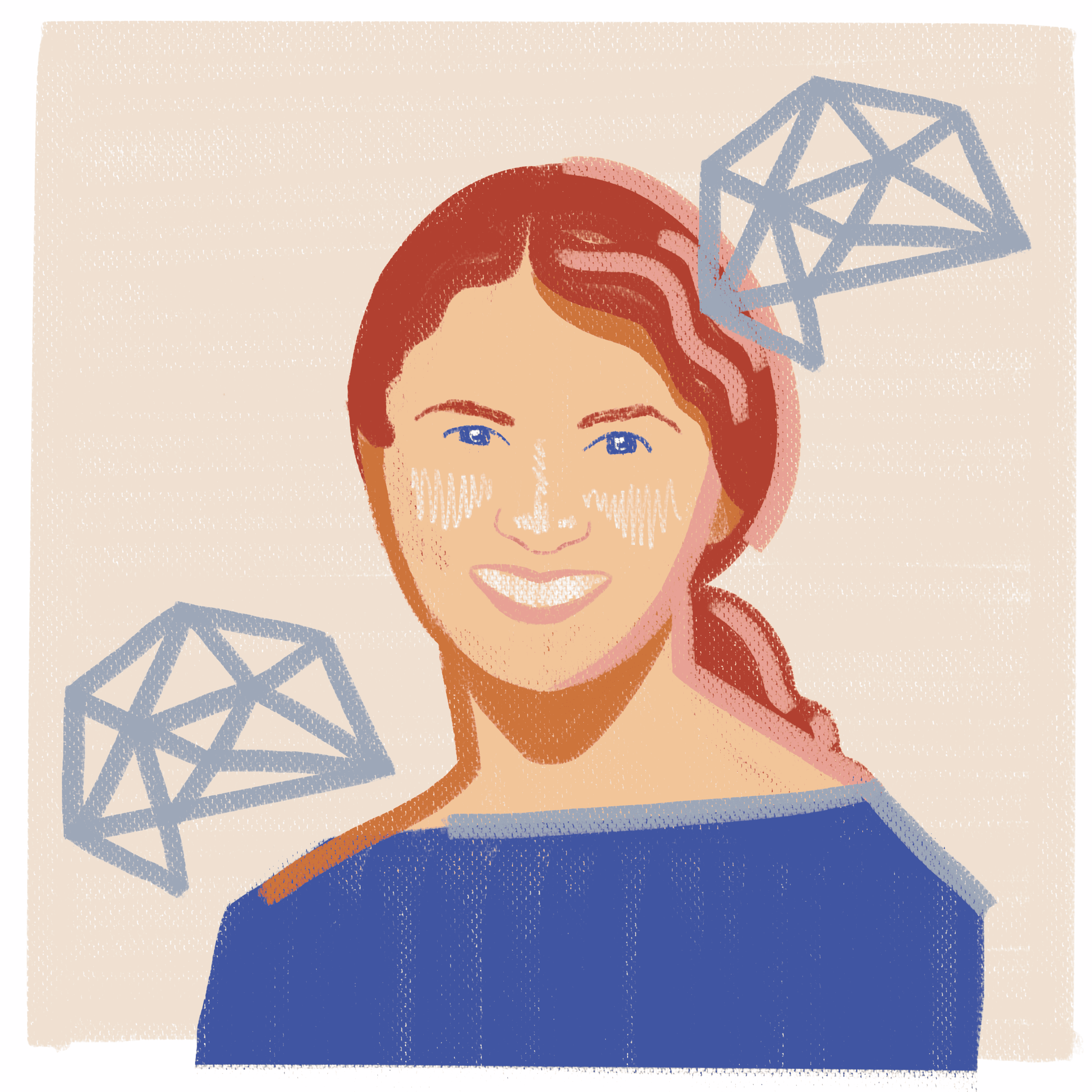Professor Annette Dolphin

Annette Dolphin obtained her undergraduate degree in Biochemistry from Oxford University and her PhD from the University of London Institute of Psychiatry. She then held postdoctoral fellowships at the College de France in Paris, at Yale University in the USA, and the National Institute for Medical Research, before obtaining a permanent post at St George’s, University of London. She is currently Professor of Pharmacology in the Department of Neuroscience, Physiology and Pharmacology at University College London (UCL).
As a result of her postdoctoral fellowship in Paul Greengard’s laboratory at Yale, Annette became interested in aspects of presynaptic function. Her research then focussed on the function and dysfunction of neuronal voltage-gated calcium channels, and also on the relationship of calcium channel function to the development and maintenance of neuropathic pain. In her academic career, she has made major discoveries with respect to calcium channels, their modulation and roles in disease. In recent years her work has investigated the involvement of particular calcium channel auxiliary subunits in chronic pain. She has also elucidated the mechanism of action of an important drug class, the gabapentinoids which are of therapeutic use in chronic pain. Her findings have significantly influenced our thinking in this field.
Annette Dolphin was elected a Fellow of the Academy of Medical Sciences in 1999 and a Fellow of the Royal Society in 2015.
Annette has always stood up for the rights of women in STEM, recognising the many hurdles faced by female academics. This started right at the beginning of her research career, when as a PhD student, she gave a communication to the British Pharmacological Society at a time when female authors were identified with their first and last names, whereas male authors were identified by initials and last names. She refused to divulge her first name, causing the rules of the Society to eventually be changed so that men and women were treated equally in this regard.
Another highlight was an opinion piece she wrote for Nature in 2006 entitled “Gender: missing the prizes that can inspire a career”, having noticed the shocking male bias in the awarding of prizes in the several learned societies for which she analysed the data. In her opinion, it is not just more women that are needed in STEM, but they need to be treated with equity throughout their careers, and encouraged to succeed. To this end she has taken every opportunity to participate in numerous female mentoring schemes over the years.


